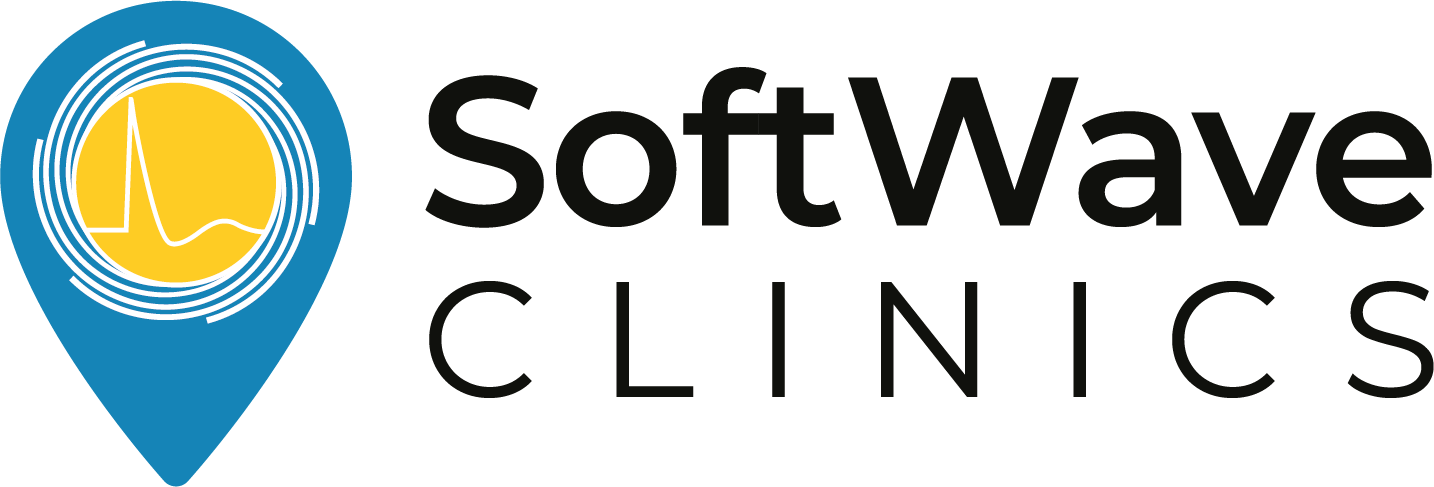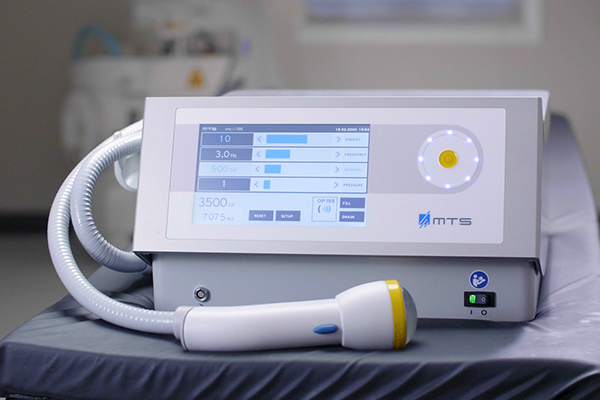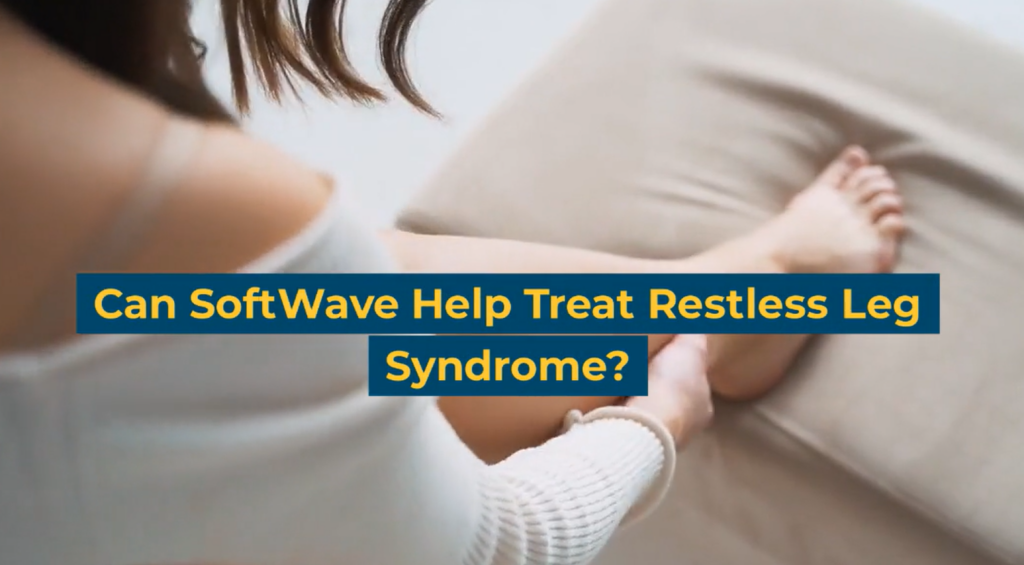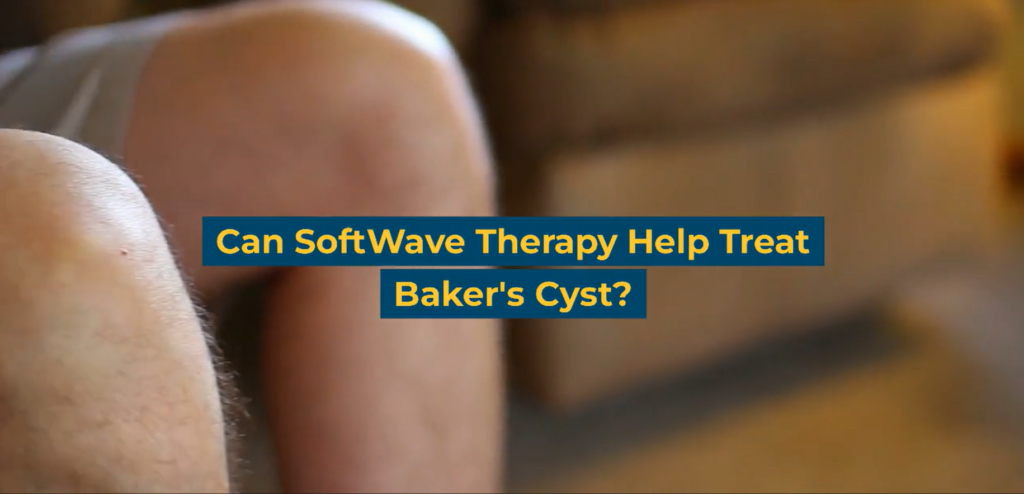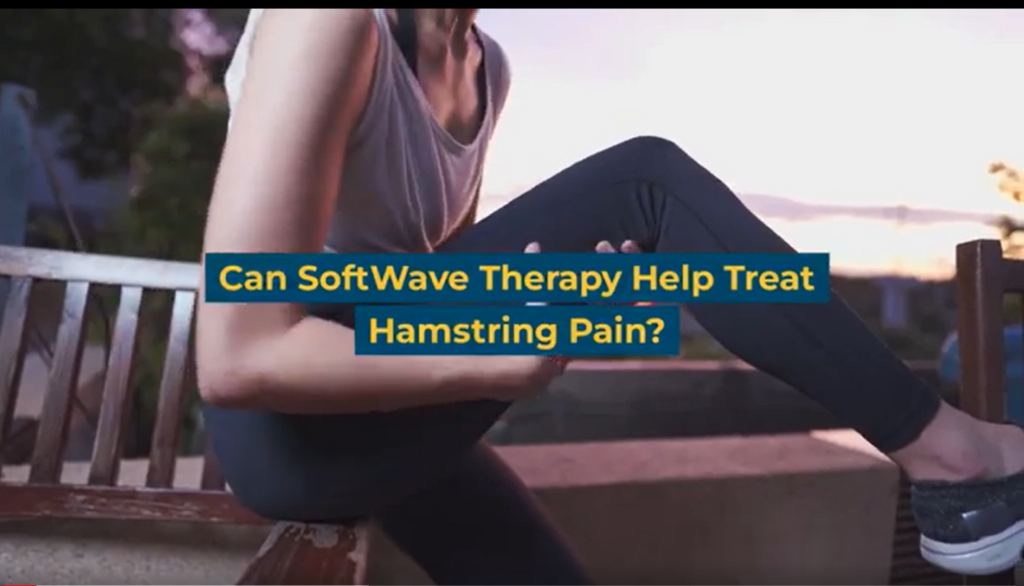Common Connective Tissue Conditions
Connective tissue conditions are a group of disorders that affect the body’s connective tissues, including tendons, ligaments, and cartilage. These conditions can cause chronic pain, inflammation, and reduced mobility. Examples of connective tissue conditions that can be managed or treated with SoftWave therapy include:
- Plantar Fasciitis: An inflammation of the plantar fascia, the thick band of tissue that runs along the bottom of the foot.
- Tennis Elbow: A condition that causes pain and tenderness in the elbow and forearm, typically caused by overuse of the forearm muscles and tendons.
- Achilles Tendinitis: Inflammation of the Achilles tendon, which connects the calf muscle to the heel bone.
- Frozen Shoulder: A condition that causes pain and stiffness in the shoulder joint, typically caused by inflammation of the shoulder capsule.
- Trigger Finger: A condition that causes the fingers or thumb to lock in a bent position, typically caused by inflammation of the tendon sheath in the affected finger.
- Scleroderma: A rare autoimmune disease that causes the skin and connective tissues to thicken and harden. SoftWave Therapy may be able to help reduce the pain associated with this condition.
- Ehlers-Danlos Syndrome: A group of rare genetic disorders that affect the body’s connective tissues, causing joint hypermobility and easily bruised and stretched skin. SoftWave Therapy can help alleviate the pain and inflammation associated with this condition.
- Tendinitis: Inflammation of the tendons, typically caused by repetitive motions.
- Carpal Tunnel Syndrome: A condition that causes numbness, tingling, and weakness in the hands and wrists, typically caused by repetitive motions.
Can SoftWave Therapy Help Treat Connective Tissue Conditions?
SoftWave Therapy is a non-invasive treatment that has been FDA-cleared for improving blood flow, activating connective tissue, and providing pain relief. Using patented technology, this therapy promotes cellular-level healing, increases blood flow, and activates the body’s natural healing process.
SoftWave Therapy uses low-intensity, unfocused shockwaves to stimulate tissue repair and regeneration, which can reduce pain and improve mobility in patients with various connective tissue conditions. By stimulating the production of growth factors and increasing blood flow to the affected area, SoftWave Therapy aids in tissue repair and regeneration.
It is important to keep in mind, however, that SoftWave therapy is not a cure for all connective tissue conditions. The effectiveness of the therapy may vary depending on the severity of the condition, and each individual’s case is unique. Therefore, consulting a healthcare professional is crucial to receive an accurate diagnosis and treatment plan appropriate for your particular condition.
What are the Advantages of SoftWave Therapy for Connective Tissue Conditions?
One of the main advantages of SoftWave therapy is its non-invasive nature, which means there is no need for surgery or injections. This makes it an appealing option for patients who prefer non-surgical treatments or are not suitable candidates for surgery.
With the use of its patented technology, SoftWave can also spread energy to a large area of both surface and deep tissue. This energy prompts a biological response in the targeted area, which helps to initiate the body’s natural healing process.
SoftWave Therapy Procedure for Connective Tissue Treatment
During a SoftWave Therapy session, a handheld device is placed on the skin’s surface, targeting the affected area with acoustic pressure waves. The pressure waves penetrate beneath the skin’s surface, stimulating the body’s natural healing response.
While some patients feel only a mild tapping or pulsing sensation on the skin, others may experience slight pain or discomfort in the treatment area. However, the specialist can adjust the intensity of the treatment to ensure the patient’s comfort. It’s worth noting that the level of discomfort may depend on the pain the patient is already experiencing. Most patients can tolerate any discomfort during the treatment, which typically lasts around 10-15 minutes.
Ready to Try SoftWave Therapy?
SoftWave Therapy is a promising treatment option for those affected by various connective tissue conditions. It is a safe, non-invasive, and well-tolerated treatment, making it a viable alternative to traditional forms of therapy. While it may not be the right treatment option for everyone, SoftWave Therapy has shown effectiveness in treating chronic pain and reducing inflammation in connective tissue disorders.
Find your nearest SoftWave provider to start your consultation today.
Disclaimer: The information provided in this blog is for educational and informational purposes only and is not intended as a substitute for professional medical advice, diagnosis, or treatment. The content provided in this blog should not be used to diagnose or treat any health problems or illnesses. Always consult with a qualified healthcare professional before making any changes to your healthcare routine or treatment plan.
